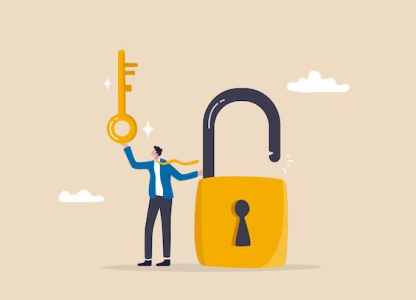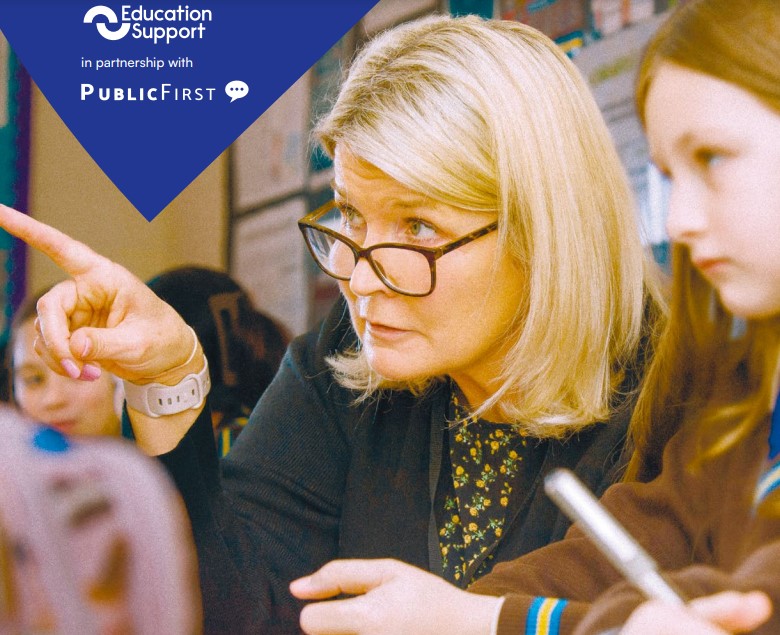My involvement with “Coaching young people,” was incidental. It arose from a conversation with a trusted parent and led to a Coaching engagement with their son. Their confidence in my Coaching leading to a number of referrals and here we are.
In a series of posts, I am retrospectively capturing the Coaching insights and common threads, as well as my own professional learning reflections, Coaching (sometime tutoring) four boys aged fourteen to seventeen.
I have been very honest with parents from the outset. I am not new to working with young people, nor Coaching, I am new to Coaching young people and this is my first post reflecting on what I have learnt so far.
Contracting
Contracting in Coaching refers to the process of establishing a clear agreement or understanding between the coach, the client, and, if applicable, other relevant parties. So, in this case, a young person and their parents. Contracting helps establish clear communication channels and agreements, and such issues as confidentiality, consent, and the limits of the coaching relationship. I use a brochure / document that I share ahead of Contracting that takes both parties through Coaching process and a “scoping” document with the Coachee to help promote that very first Coaching conversation.

To state the obvious. Contracting is critical to the Coaching process. In Coaching younger people, it is even more critical, with both a commissioning agent, the parents, and the Coachee, the young person.
In my experience, contracting helps young people understand the Coaching process and their role in it. I also get the sense that the more formal conversational style of a contracting session, gives the young person a sense of their own importance in the process. It may be the very first “formal” conversation they have experienced.
With experience, I now hold two separate contracting conversations: one with parents and one with the young person. Having foresight of the families values (parents) ensures respectful Coaching within and in light of those boundaries.
What is noticeably similar and markedly different?
Adults typically have a more solid sense of identity, of self. Young people are in the process of forming their identity, the sense of self. exploring interests and more frequently experience significant life transitions/events. Second, agency and a young persons emerging autonomy, plays a more impactful role when Coaching young people. The Coach appears when the Coachee is ready. I have learnt to be more patient.
In my experience so far, young people tend to be either, significantly less expressive or significantly more expressive. The bifurcation is equally unpredictable as it is pronounced. Second, young people tend to be more emotional, and yet less experienced in identifying and articulating their thoughts and feelings.
Establishing trust is crucial in all Coaching relationships, regardless of the age group. Adult more quickly stablished sense of “what works for them,” when and where they are willing to share their trust. Young people are either readily trusting or more cautious, sceptic even. That said, trust, once secured, can be drawn upon more heavily with young people than with adults.
With less life experience and less experience generally, young people often require smaller steps to help surface their understanding. But when they do surface an insight – they are also more expressive and less guarded. Sharing in that moment, that Eureka moment, is hugely rewarding. Facilitating self-reflection as a growth opportunity often leaves the young person with a real sense of achievement and pride. However, Coaching sessions with young people are also more variable, unpredictable even, and or more than one or two occasions I have been surprised by the session outcomes – more often positively however sometimes I have been left disappointed.
The most important Coaching young people insight to date is that you must trust in your relationship with the parents. Hence the importance of Coaching contract. You need “space” to Coach and parents need the “space” to be parents.
While the parents may be “hiring” you, you are very much in a “partnership.” Many young people do not have the “agency” to enact the steps to enact their goals and the coachee often requires the support of their parents – for example, purchasing revision guides or making appointments. In many senses it is a team of three.
The best bit of feedback I have received so far:
As yet, you have not told me what to do.
Young person




Pingback: Coaching young people – (part 2) – Edventures
Pingback: Coaching young people – (part 3) – Edventures